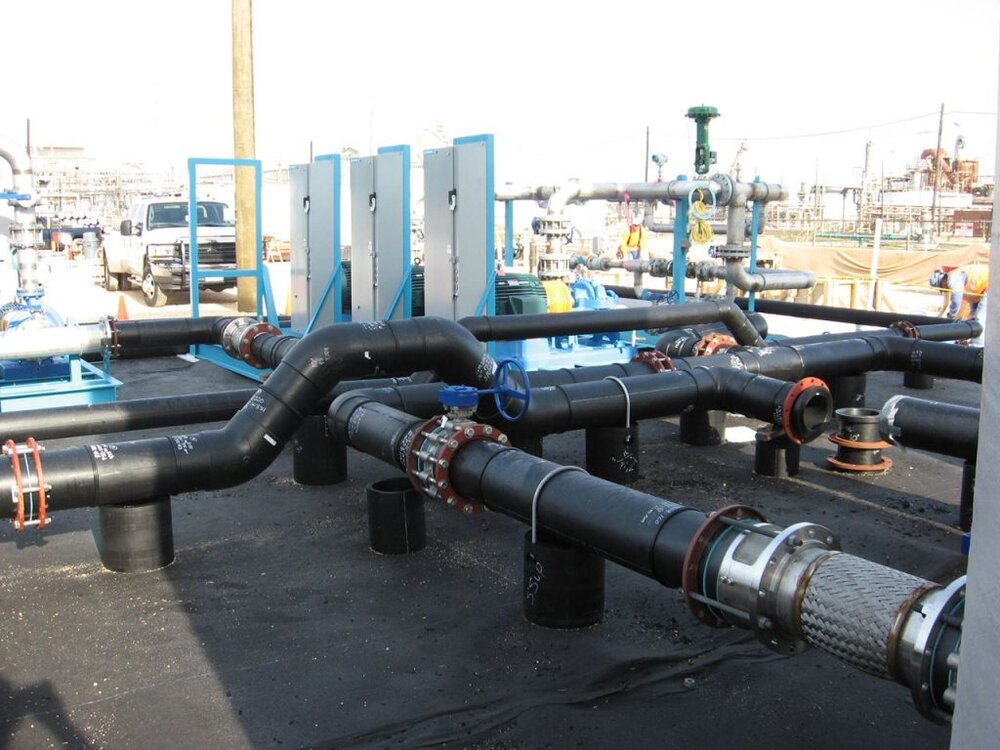
Daily gas supply to power plants up 5%

The figure stood at 240 mcm last month,” Mohammad Asgari told IRNA on Thursday.
According to the official, gas supply to power plants reaches its maximum level during the summer peak consumption period.
As reported, currently all the country’s gas and thermal power plants are connected to the national gas network, however, in the cold seasons, with the increase in gas consumption by the domestic sector, the supply to the power plants will be reduced and replaced with liquefied fuel.
Referring to the daily consumption of 542 million cubic meters of gas in the country, Asgari noted that consumption by the households and the business sectors has reached 162 million cubic meters due to the arrival of the hot season.
Earlier in May, Caretaker Manager of Iranian Gas Transmission Company (IGTC) Mehdi Jamshidi Dana had said that during the peak consumption period in summer power plants would need 310 mcm of gas per day, a figure that could be easily met by the National Gas Company given its network capacity.
According to the official, all the fuel needs of the power plants connected to the national gas network are currently met unless they are going through minor repairs in their gas sector.
Currently, 85 power plants across the country are using natural gas as fuel.
Back in May, Jamshidi Dana announced that the transmission capacity of the national gas network was raised to one billion cubic meters per day (bcm/d).
Noting that several projects were carried out last calendar year (ended on March 19) to increase the country's gas network capacity, the official said: "Many of the mentioned projects have been implemented in the ninth national line, most of which will be operational this year."
The official had previously said that 61 billion cubic meters (bcm) of gas was supplied to the country’s power plants during the past Iranian calendar year (ended on March 19).
Iran is currently producing over 810 mcm of natural gas daily which is mostly used inside the country for the domestic sector and also as fuel for the power plants and a small portion is also exported to the neighboring countries like Iraq.


Trump weighs using $2 billion in CHIPS Act funding for critical minerals

Codelco cuts 2025 copper forecast after El Teniente mine collapse

Electra converts debt, launches $30M raise to jumpstart stalled cobalt refinery

Barrick’s Reko Diq in line for $410M ADB backing

Abcourt readies Sleeping Giant mill to pour first gold since 2014

Nevada army depot to serve as base for first US strategic minerals stockpile

SQM boosts lithium supply plans as prices flick higher

Viridis unveils 200Mt initial reserve for Brazil rare earth project

Tailings could meet much of US critical mineral demand – study

Kyrgyzstan kicks off underground gold mining at Kumtor

Kyrgyzstan kicks off underground gold mining at Kumtor

KoBold Metals granted lithium exploration rights in Congo

Freeport Indonesia to wrap up Gresik plant repairs by early September

Energy Fuels soars on Vulcan Elements partnership

Northern Dynasty sticks to proposal in battle to lift Pebble mine veto

Giustra-backed mining firm teams up with informal miners in Colombia

Critical Metals signs agreement to supply rare earth to US government-funded facility

China extends rare earth controls to imported material

Galan Lithium proceeds with $13M financing for Argentina project

Kyrgyzstan kicks off underground gold mining at Kumtor

Freeport Indonesia to wrap up Gresik plant repairs by early September

Energy Fuels soars on Vulcan Elements partnership

Northern Dynasty sticks to proposal in battle to lift Pebble mine veto

Giustra-backed mining firm teams up with informal miners in Colombia

Critical Metals signs agreement to supply rare earth to US government-funded facility

China extends rare earth controls to imported material

Galan Lithium proceeds with $13M financing for Argentina project

Silver price touches $39 as market weighs rate cut outlook

















